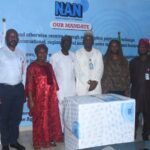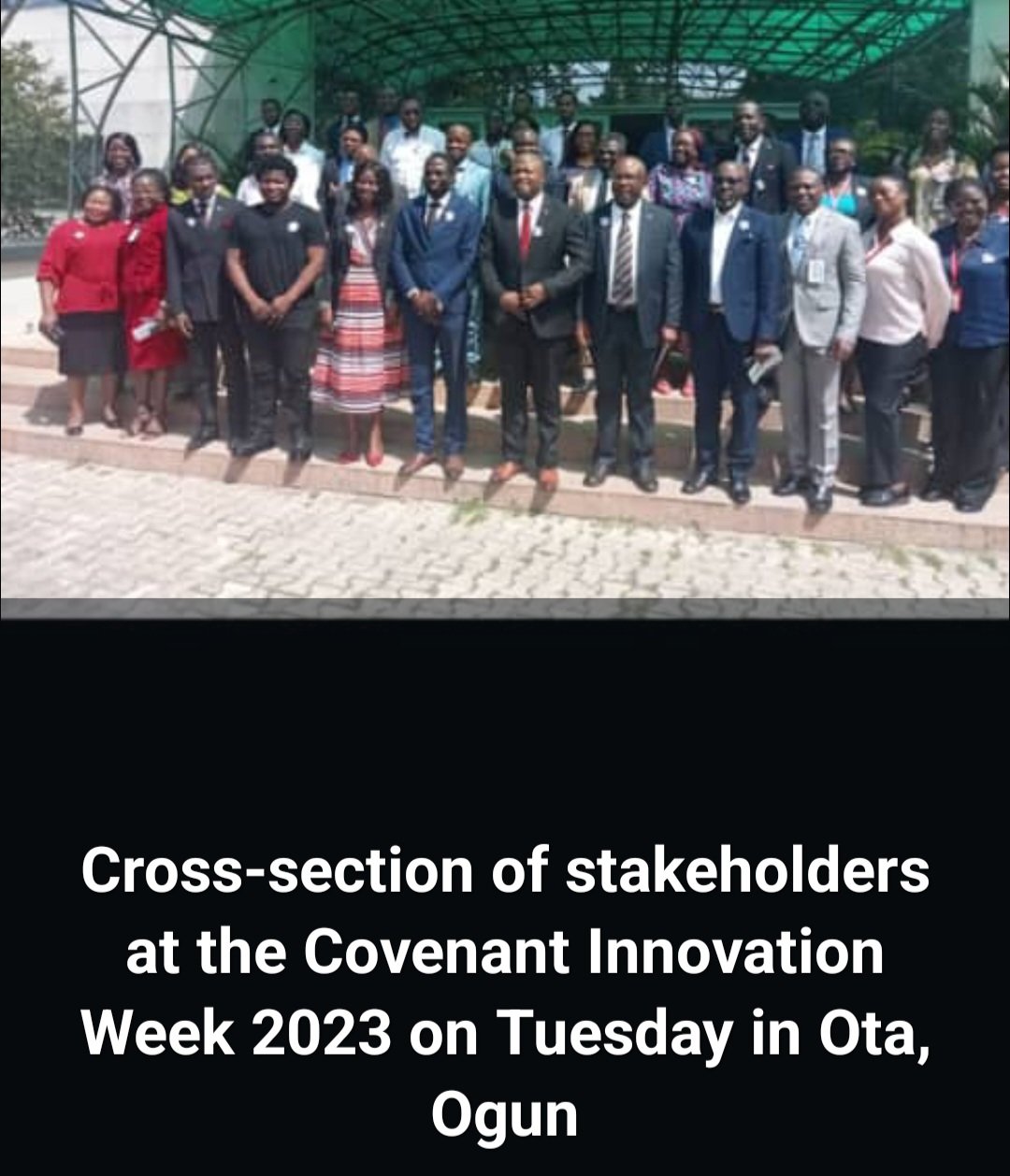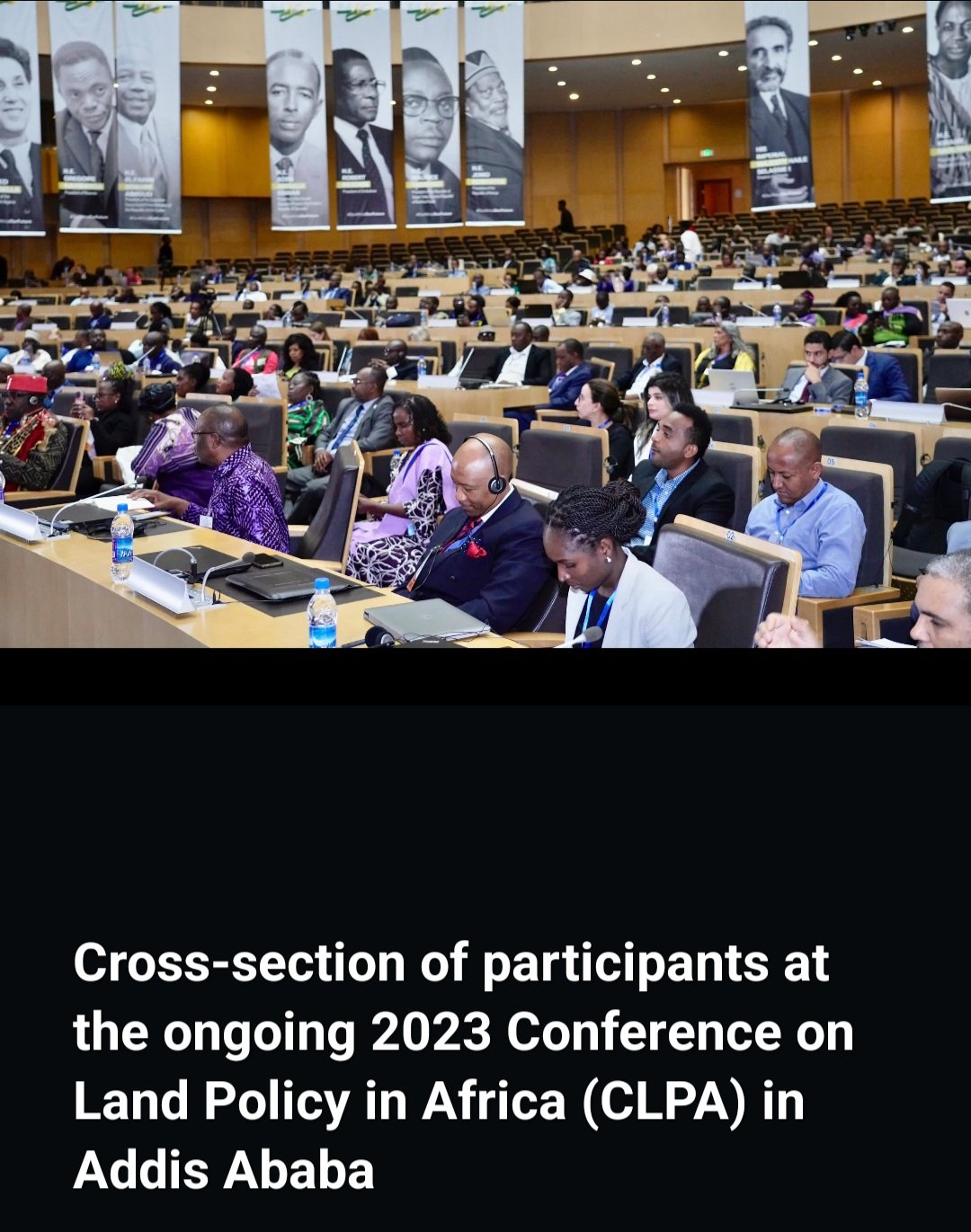CNG: FG assures enabling environment for business investment, gas availability
Dignitaries at the breaking ceremony of the Portland Gas Green Park, in Lagos on Wednesday By Yusuf Yunus Mrs Olu Verheijen, Special Adviser to President Bola Tinubu on Energy, has restated the Federal Government’s commitment to creating an enabling business environment to drive the Compressed Natural Gas (CNG)Continue Reading





















